Quantum Source’s Naftali Bennett Charts the Next Phase of National Quantum Strategy at QWC 2025
At Quantum World Congress 2025, former Prime Minister of Israel and Quantum Source Board Member Naftali Bennett joined Preston Dunlap, former inaugural CTO and Chief Architect of the U.S. Space Force & Air Force and founder of Arkenstone Ventures, for a timely discussion on how nations and companies can navigate the pivot from promise to practical quantum capability.
Are we “turning the corner” on quantum?
Bennett argued that three forces are accelerating progress: maturing technology across the stack (from error mitigation to software), unprecedented private investment, and a global policy wake-up call after AI’s rapid breakout. He emphasized scaling as the central technical hurdle—and highlighted photonics as a path to fault-tolerant, room-temperature quantum systems that can live in standard data-center racks.
Security and PQC: urgency over complacency
Both speakers underscored the need to move faster on post-quantum cryptography (PQC). Bennett warned of “harvest-now, decrypt-later” practices by adversaries that could expose today’s encrypted data once workable machines arrive—raising systemic economic and national-security risks if migration lags.
Beyond compute: quantum navigation and sensing come into focus
The conversation broadened to quantum sensing and navigation—technologies poised to operate in GPS-denied environments. Recent U.S. efforts like DARPA’s Robust Quantum Sensors (RoQS) program are pushing devices “from fragile to field-ready,” including real-world trials on defense platforms, a sign that quantum’s first scaled wins may land in sensing.
Sovereign compute and international guardrails
Looking strategically, Bennett urged nations to cultivate sovereign compute power—the combined capability of quantum hardware, AI infrastructure, and domestic expertise—to avoid strategic dependence in a more competitive world. Dunlap emphasized the leadership challenge: move fast enough to deter bad actors, yet carefully enough to install meaningful safeguards and international norms.
Context: Quantum Source’s photonic push
This session coincided with Quantum Source unveiling ORIGIN, a deterministic core engine to generate large entangled photonic states—positioned to enable compact, scalable, and fault-tolerant photonic quantum computers, with initial deliveries targeted to begin in 2026. Bennett joined Quantum Source’s board earlier this year, bringing his tech-operator and national-strategy perspective to the company’s trajectory.
About the speakers
Naftali Bennett is Israel’s former Prime Minister and currently a board member at Quantum Source. Before politics, he co-founded and led successful tech companies and remains active in technology investment and entrepreneurship.
Preston Dunlap served as the first CTO and Chief Architect of the U.S. Space Force & Air Force, overseeing tens of billions in programs, and now leads Arkenstone Ventures and Arkenstone Capital, advising and investing across frontier technology.
Why it matters
From data-center-friendly photonics to fieldable quantum sensors and the global PQC transition, the next phase of quantum will reward ecosystems that pair technical depth with policy foresight—building capacity at home while aligning international guardrails abroad.

